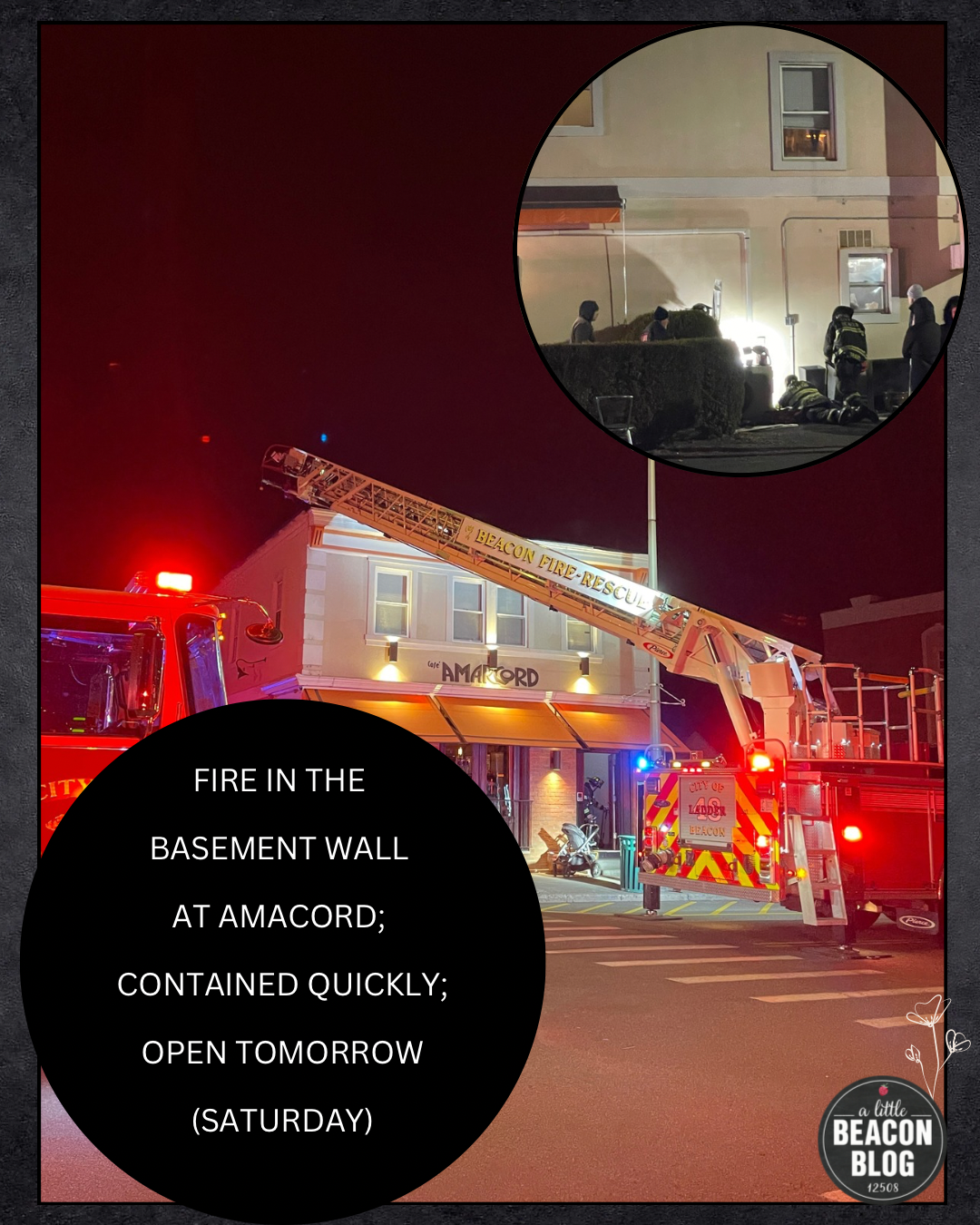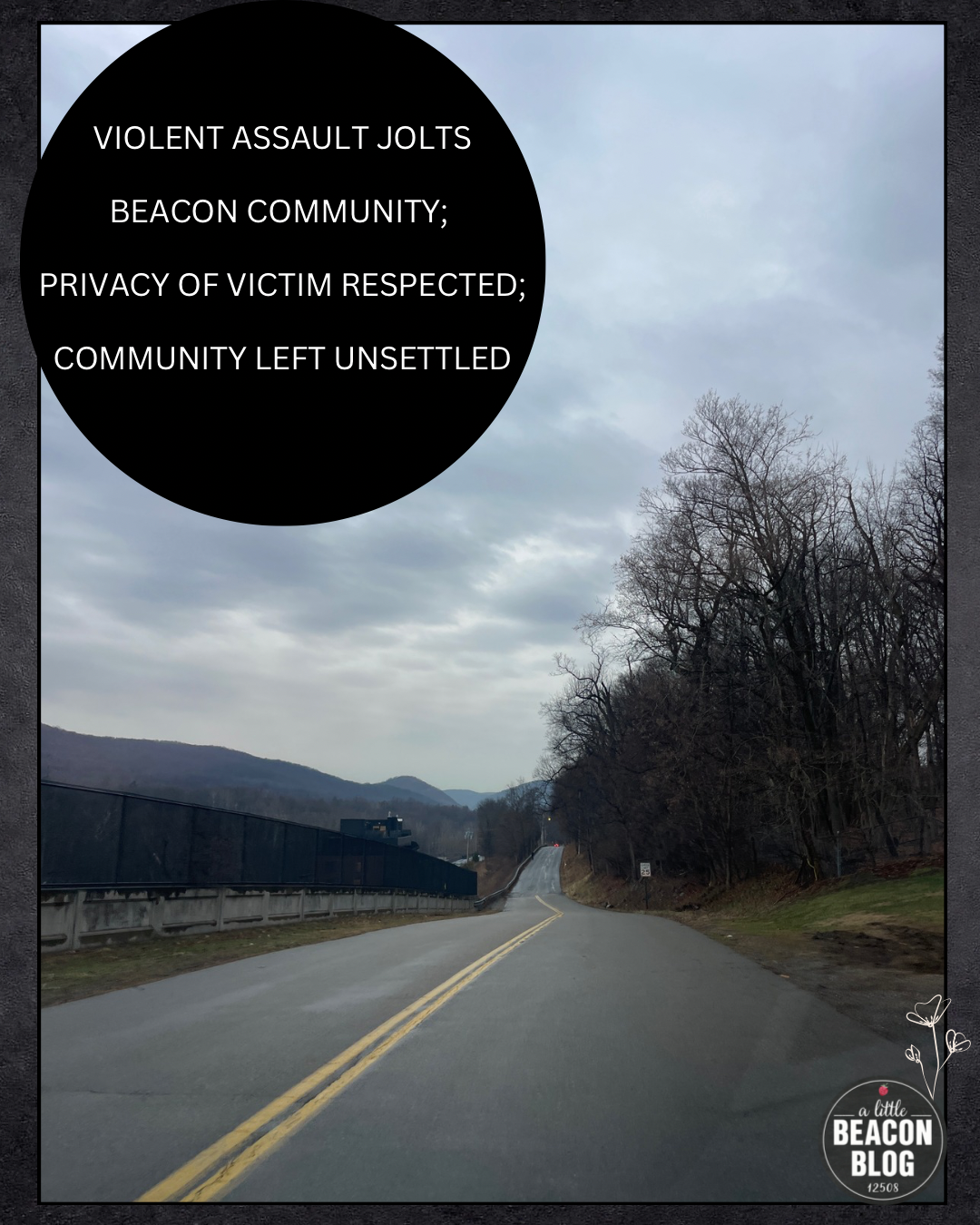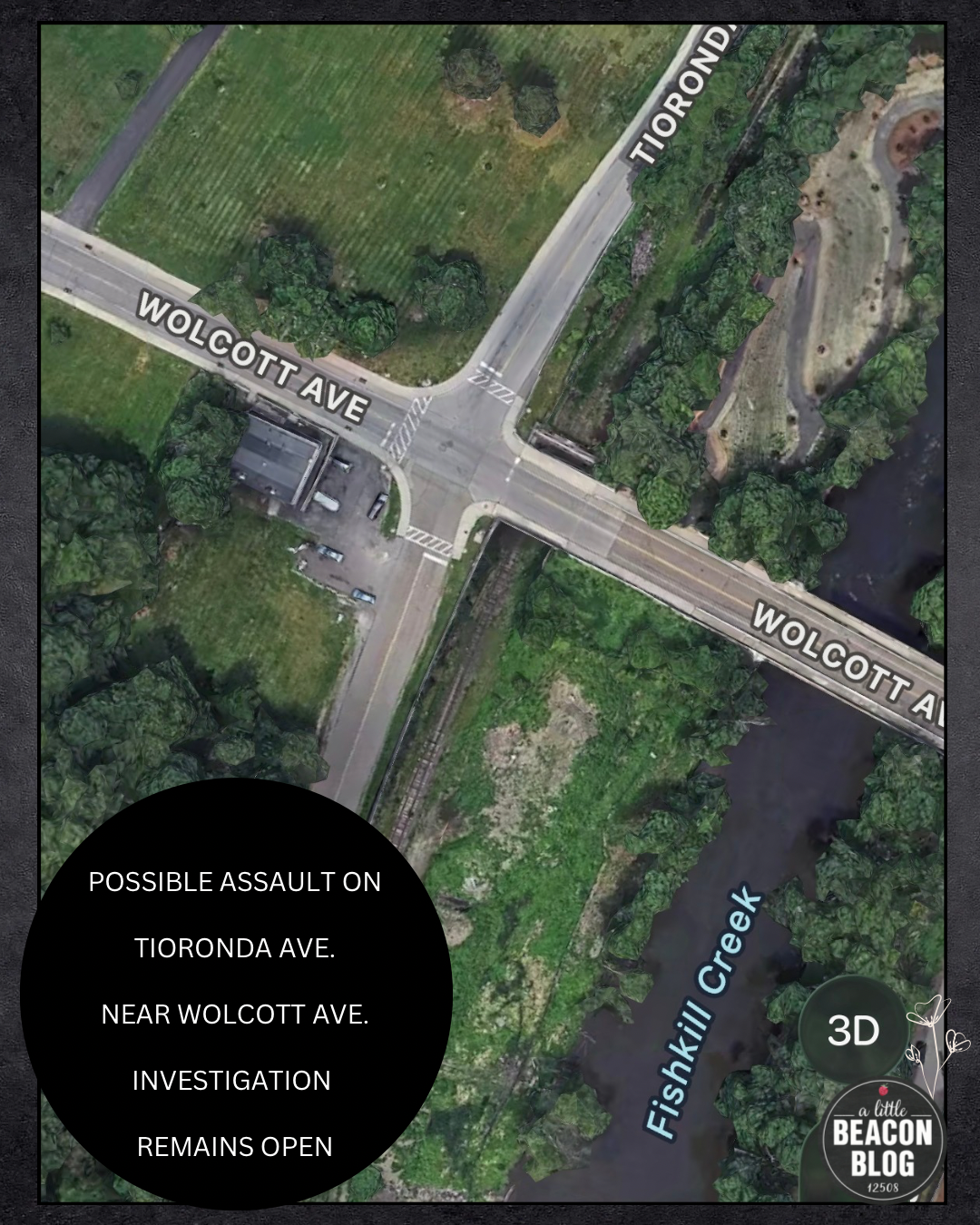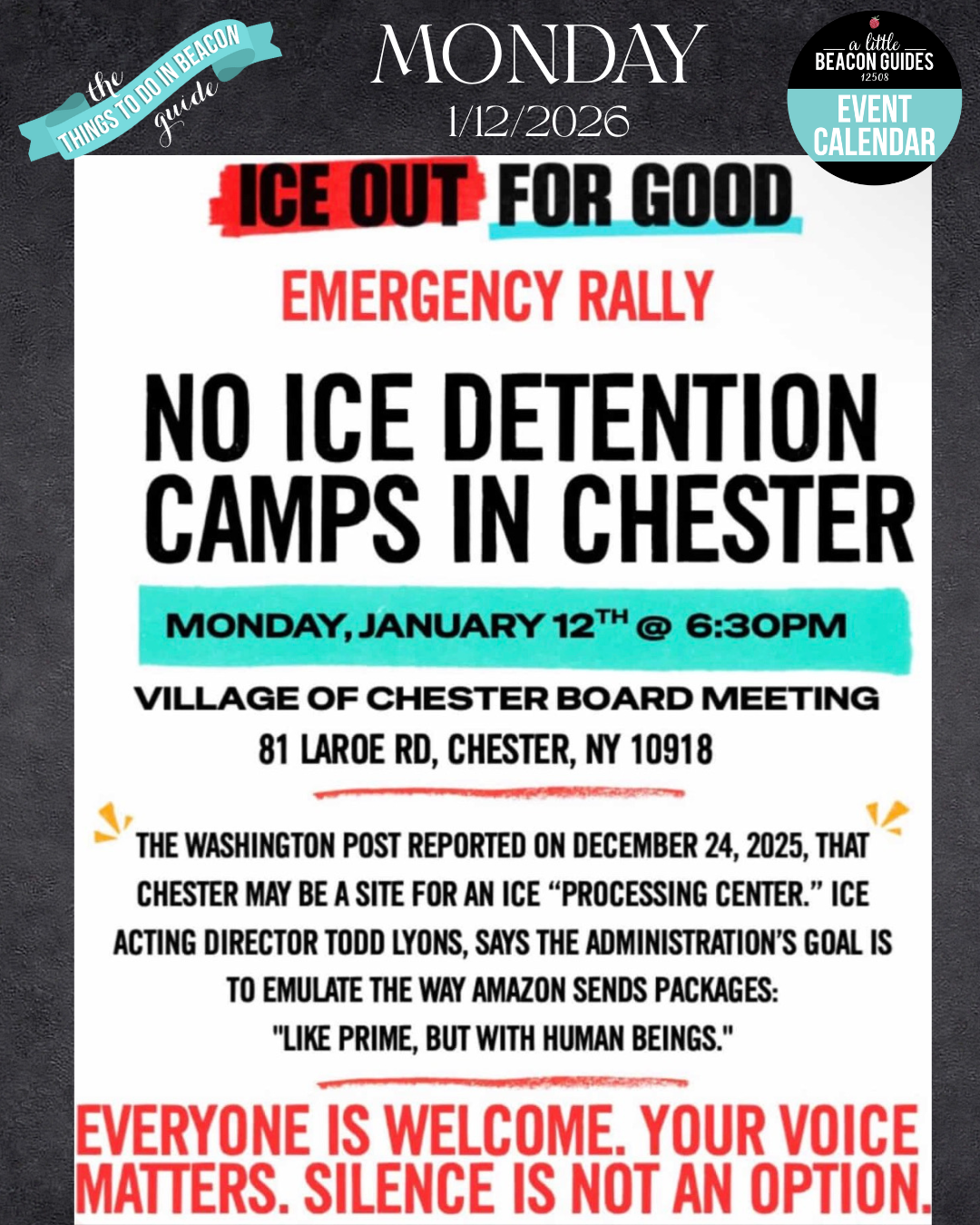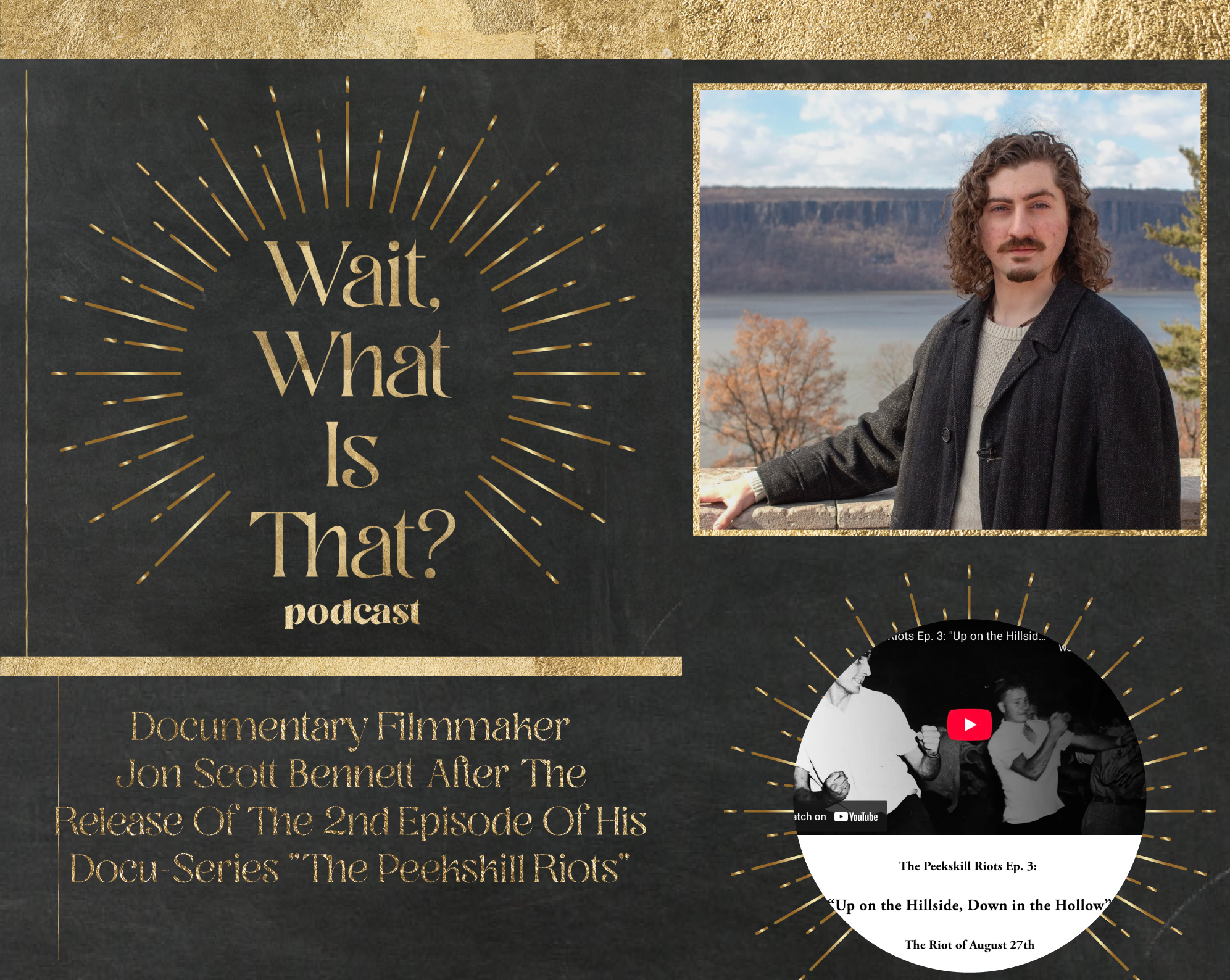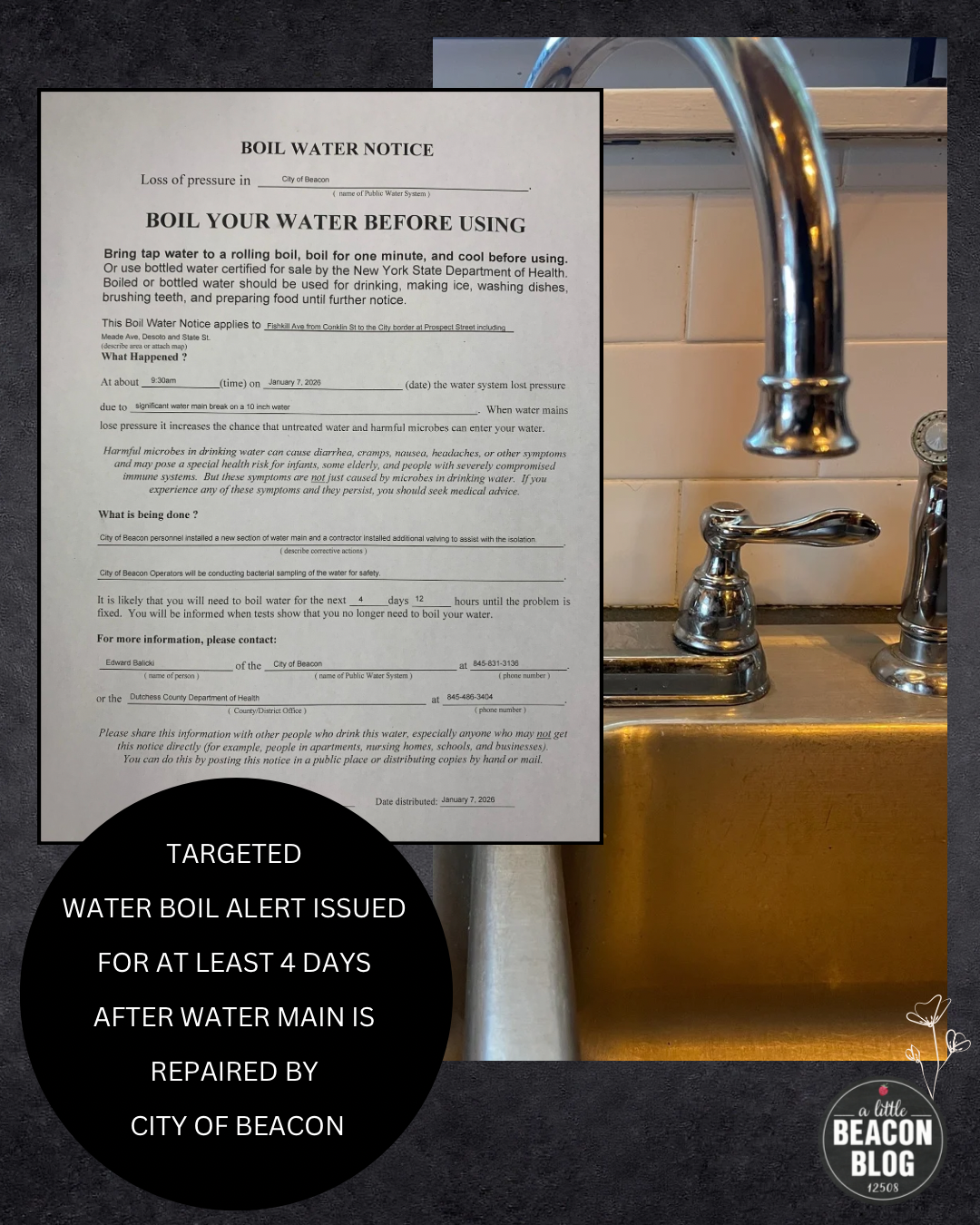All About The Prison Books Project That Opperates Out Of Binnacle Books
/Photo Credit: Binnacle Books
The Prison Books Project is an initiative from Binnacle Books, here on Main Street in Beacon. Launched in early 2020 with a bunch of postcards blasting into prisons in New York State prison facilities, Binnacle Books has been getting requests in and sending the books back out. Who buys the books for the prisons? You do! Anyone can be a sponsor. It’s a great way to give in a specific way.
The Prison Books Project is an outgrowth of the Beacon Prison Rides Project, which is a free way for people to be driven to visit their loved ones in jail from the Beacon train station stop. A Little Beacon Blog interviewed Mark Trecka of Binnacle Books to see inside of the project a bit more. Mark was published in the Rivernewsroom describing the intricate requirements of visiting a prisoner, and how much can go wrong to prevent a visit (like your own wardrobe violation).
ALBB: How do the imprisoned people make requests?
The basic principle is that we distribute postcards into New York State prison facilities, and then incarcerated people use them (or send letters or emails) to request books. We then acquire the books via one of several channels, whether it's Binnacle's distributor or Binnacle's shelves or we put a query out on Instagram. If the books were not donated, we post them on the Binnacle Instagram and then Binnacle's customers / followers sponsor them, title by title. The books are then mailed directly to the person who made the request.
ALBB: What are they thinking about? What kinds of requests come in? Do they know what books they want? Or do they want a subject, like “I want to learn accounting” or “I want a biography of someone”?
“There are approximately 1,700 people incarcerated at Fishkill Correctional, which is in the City of Beacon. Between 200 and 250 of those people are in solitary confinement at any given time. Incidentally, people in solitary confinement can and do request books from us.”
Folks have requested all kinds of books. Sometimes the request is very specific, by title, or they might request anything by a particular author. Fiction, poetry, non-fiction, comic books, academic books. We also certainly get requests for subjects, yes like accounting or finance, abnormal psychology. Sometimes we'll get a request for a book that we can't source and then we send other books that we think they might like, always encouraging the person to pass the books along. Some examples of requests: "a biography of someone who made it out of prison," "a book on how to speak Creole," Shook One by Charlamagne Tha God, Black's Law Dictionary, Haiti: A Slave Revolution, "a book of love poems."
ALBB: Has there been an increase in requests since visitation has been banned due to the pandemic?
There has been an increase in requests lately, but actually it's a bit hard to say if it's directly related to visitation suspension or if the project has just been gathering steam. Regardless, we feel that it is deeply important to acknowledge and support the nearly 6,000 people who are incarcerated within an approximately 30-minute drive from Beacon's Main Street––not to mention the more than 50,000 people incarcerated in this state.
There are approximately 1,700 people incarcerated at Fishkill Correctional, which is in the City of Beacon. Between 200 and 250 of those people are in solitary confinement at any given time. Incidentally, people in solitary confinement can and do request books from us. According to one person who is currently in solitary, reading is one of the only things he can do to keep himself occupied. We sent him a bunch of books.
So, all that is to say that Fishkill Correctional Facility accounts for more than 8% of the population of Beacon. Those people are our neighbors. Fishkill Correctional also has the highest number of COVID-19 related deaths of any facility in New York State. So folks there are feeling it hard. Although getting a free book in the mail cannot solve these systemic problems, we feel that this work is valuable, both as an expression of humanity and also as important material support.
Books can do a lot.














